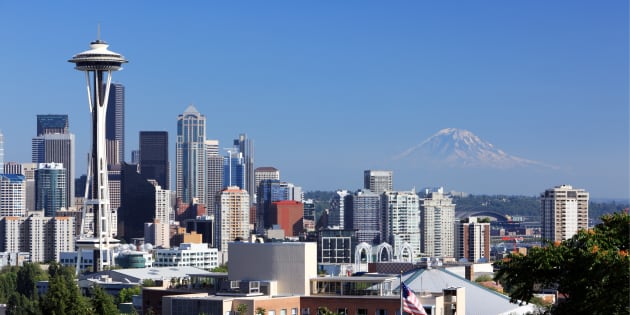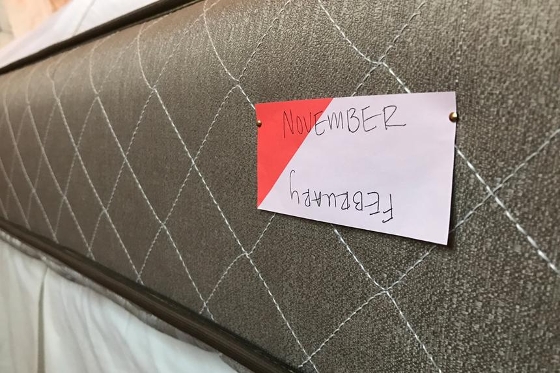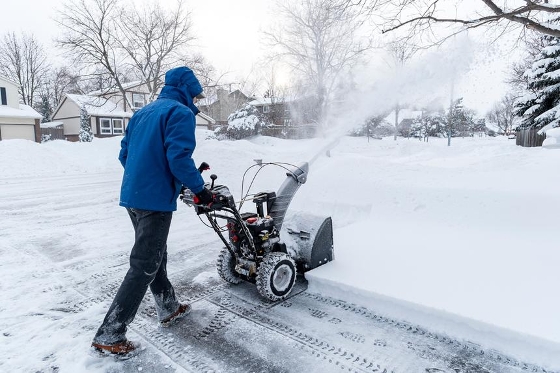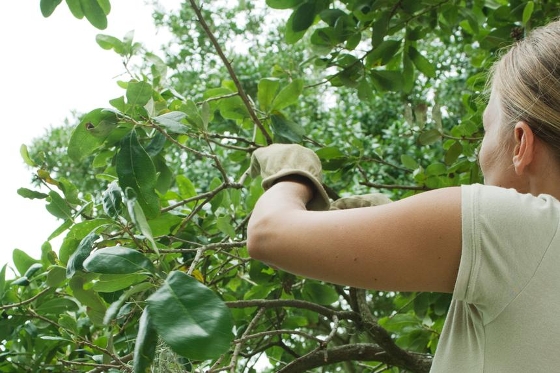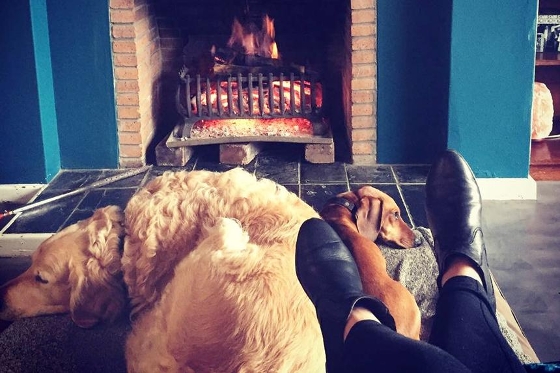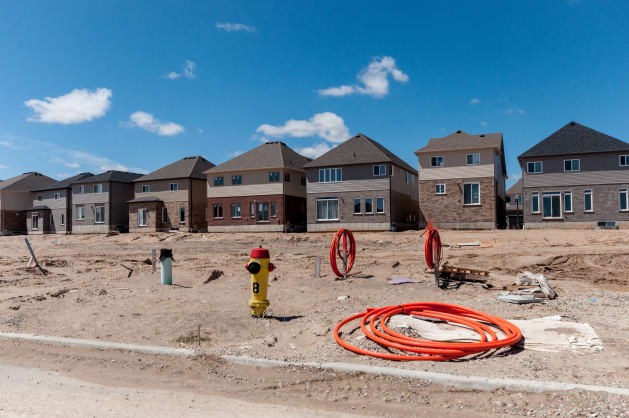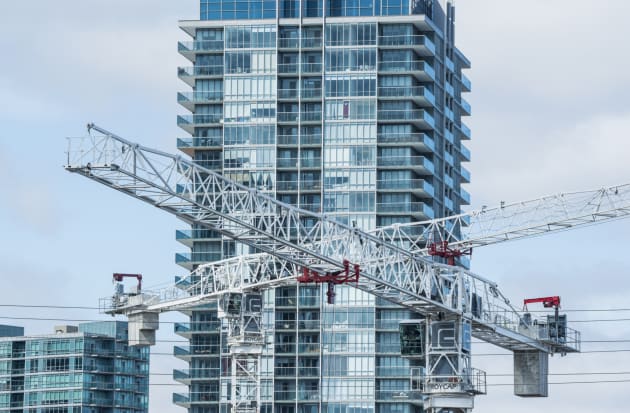Posted on
November 9, 2017
by
Steve Baldwin REALTOR
Original article HERE
The traditional way of buying and selling in Canada has its limitations. You are only given one way to buy or sell a house. In a real estate economy that had previously only seen auctions as distressed property sales, it’s an unfamiliar system to many Canadians. But with over 125 years of proven success around the world – and growing popularity in the USA – auctions are evolving in the minds of Vancouverites as a successful, practiced and proven method of sale for all types of homes, from your everyday condo to luxury estates.
The best part about auctions is that they work well in both cold and hot markets, and benefit both buyers and sellers. In a slow or cooling market, the auction gives sellers another competitive way to stand out, and the process sets a clear timeline of sale and ensures the highest true market value of the home.
The same goes for a hot or rising market: you don’t want to sell for too little, so you let the competition bid up the price.
In both cases, buyers have an opportunity to negotiate terms and conditions prior to bidding, and to see how all other interested bidders value the property. It’s transparent, clear and equitable.
Here are some tips for both selling and buying a home via auction.
Selling at Auction
As a seller, the traditional pricing process can sometimes feel like a guessing game. How do you know the right price? What if your list price is too high? What if no one is interested? What if your list price is too low?
At auction, the buyers’ focus is shifted from price to value, as many auction properties are simply listed with no price at all.
The terms, conditions and property information take centre stage and negotiation around this is dealt with in an orderly fashion. The buyer must complete all due diligence before auction day, and the home is readily made available with a generous timeline – not the four or five days that many MLS® listings are exposed to the market for.
Once all interested buyers have individually agreed their terms with the seller, they register to bid at auction, and then it’s only price that remains to be established. Sellers know that all registered bidders are happy with the terms and the home, and all buyers know that whatever terms they have already negotiated with the seller are acceptable and that they are now completely qualified and ready to bid and to buy.
As a seller, the key to successfully using the auction process is to understand that when selling real estate, it’s never you or your agent that sets the selling price of your home; it’s the buying public that sets the true market value. That said, you can set a reserve price; if the bidding doesn’t reach your minimum, you’re under no obligation to sell.
At the end of the day, auctions don’t always result in a sale before auction or on auction day. This doesn’t mean your property or the process has failed; it has taught you exactly how much buyersaren’t willing to pay for your home. Your property’s reputation remains intact because you haven’t advertised your list price, and it’s a win-win situation because you can now go to market as a conventional listing, armed with a tremendous amount of information about the true perceived market value of your home.
Buying at Auction
As buyers, the auction process is a beautifully transparent and equitable process.
Firstly, there is more clarity surrounding the sellers’ desired terms. You will know the deposit, terms of sale, and closing timeline prior to even making an offer or bidding. All reports and disclosures – often reviewed by the buyer during the subject removal period – have been offered in advance by the seller. You can even submit offers on an auction property prior to auction, and the seller may accept your offer then and there. If your offer isn’t enough to “stop the show”, you simply register to bid at auction and see if your budget will allow you to make the purchase.
At auction, bids are called in a transparent environment and you see exactly how much money it will take to be the highest bid instead of wondering why your offer wasn’t accepted. If other bidders surpass the amount you’re willing to pay, you’re under no obligation to keep bidding, and while you may walk away disappointed, you’ll never leave wondering what just happened. You will also never blindly overpay.
In short, an auction is simply another way in which to transact real estate, and both buyers and sellers can benefit from the process. Auctions of all types of homes will see an increase in popularity in Vancouver in the years to come, as more of the public come to appreciate its simple effectiveness as a proven method to buy or sell a home.
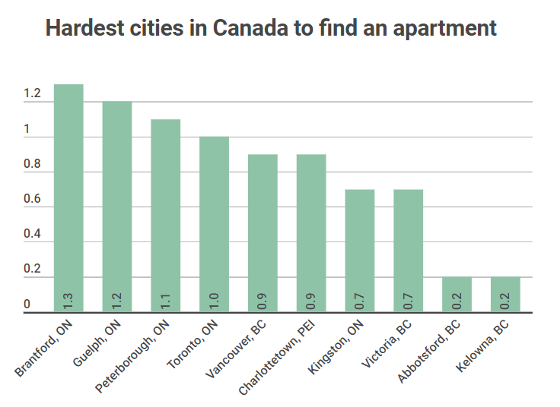
 Subscribe with RSS Reader
Subscribe with RSS Reader
